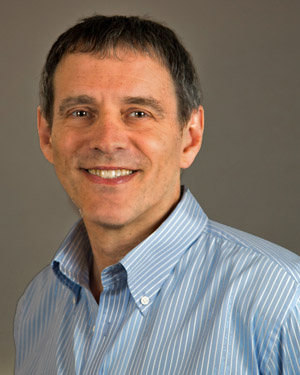
Steve Weiner, computer specialist and Aesthetic Realism associate, writes:
The new issue of TRO—about the beautiful and utterly practical way Aesthetic Realism sees poetry—is enormously kind. What is poetry, the real thing? Does every good poem have within it, in its technique, a way of seeing reality—events, people, objects—that we need and want, even want desperately? Yes! You’ll have a wonderful time reading “What Poetry Really Is—& Your Own Hopes,” the current issue of The Right of Aesthetic Realism to Be Known!
The commentary by Ellen Reiss begins:
Dear Unknown Friends:
With this issue we begin to serialize A Statement about Poetry: Some Instances, a lecture Eli Siegel gave in August 1970. It is, like Aesthetic Realism itself, great as scholarship, new in its understanding of what art and beauty are. And it is, vitally and kindly, about the life and confusion of everyone. I may as well say at once: this lecture is about what I love most in the world, the Aesthetic Realism explanation of poetry.
Eli Siegel is the critic who showed, after all the centuries of literary criticism, what poetry truly is, and why what it is matters—matters to all of us. “All beauty,” he explained, “is a making one of opposites, and the making one of opposites is what we are going after in ourselves.” This certainly includes the beauty, in words, which is poetry. He is the critic who showed that the difference between a true poem and something that’s not, has fundamentally to do with whether we will like ourselves or dislike ourselves.
As a Prelude
As a prelude to this 1970 lecture, I’ll quote from Mr. Siegel’s 1964 essay “The Immediate Need for Poetry” the following definitive, warm passages:
According to Aesthetic Realism, poetry is a picture of reality at its truest, most useful….
When we are born we hope to make some sense of the forces in us. We want to move, and we want to be quiet; we want to assail and we want to be secluded; we want to be delighted, and we want to be self-satisfied; we want excitement and we want repose. All through life, really, we are trying to make jarring, separating propensities to act as one; we are trying to have forces coalesce in an other than languid oneness. —And it is poetry that makes jarring, separating propensities to act as one; it is poetry that coalesces forces in a oneness that is not languid….Read more